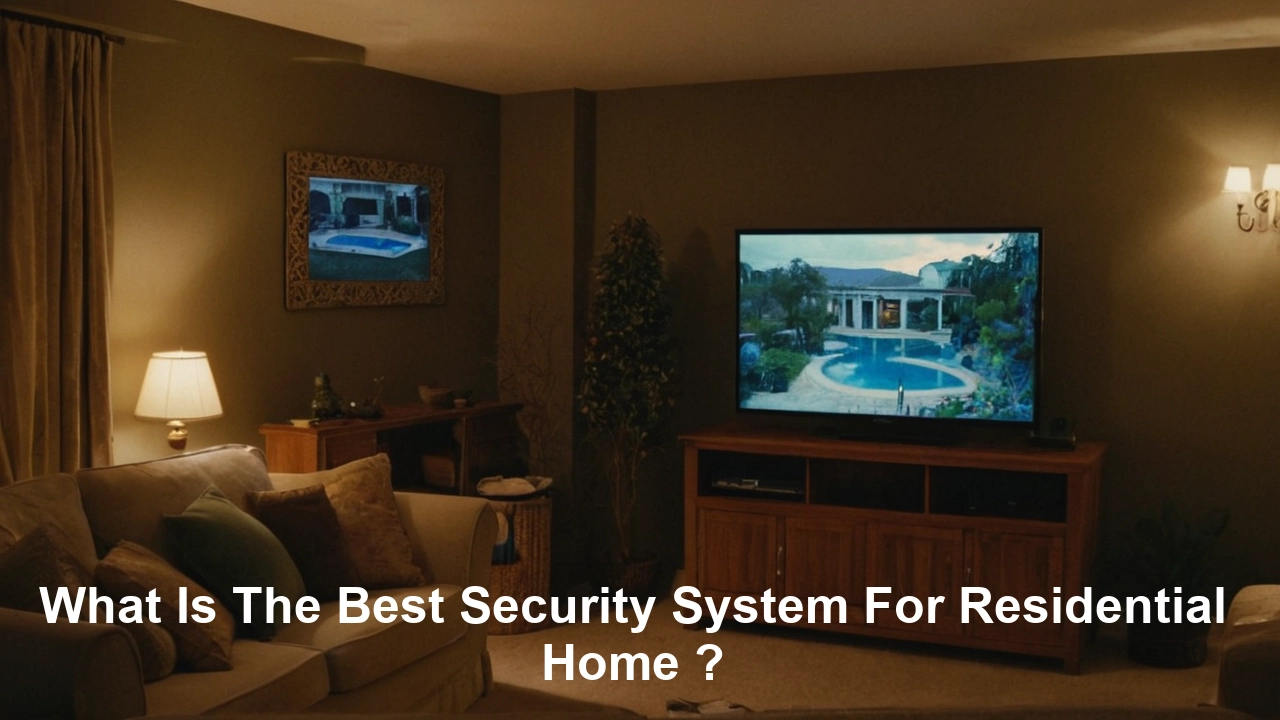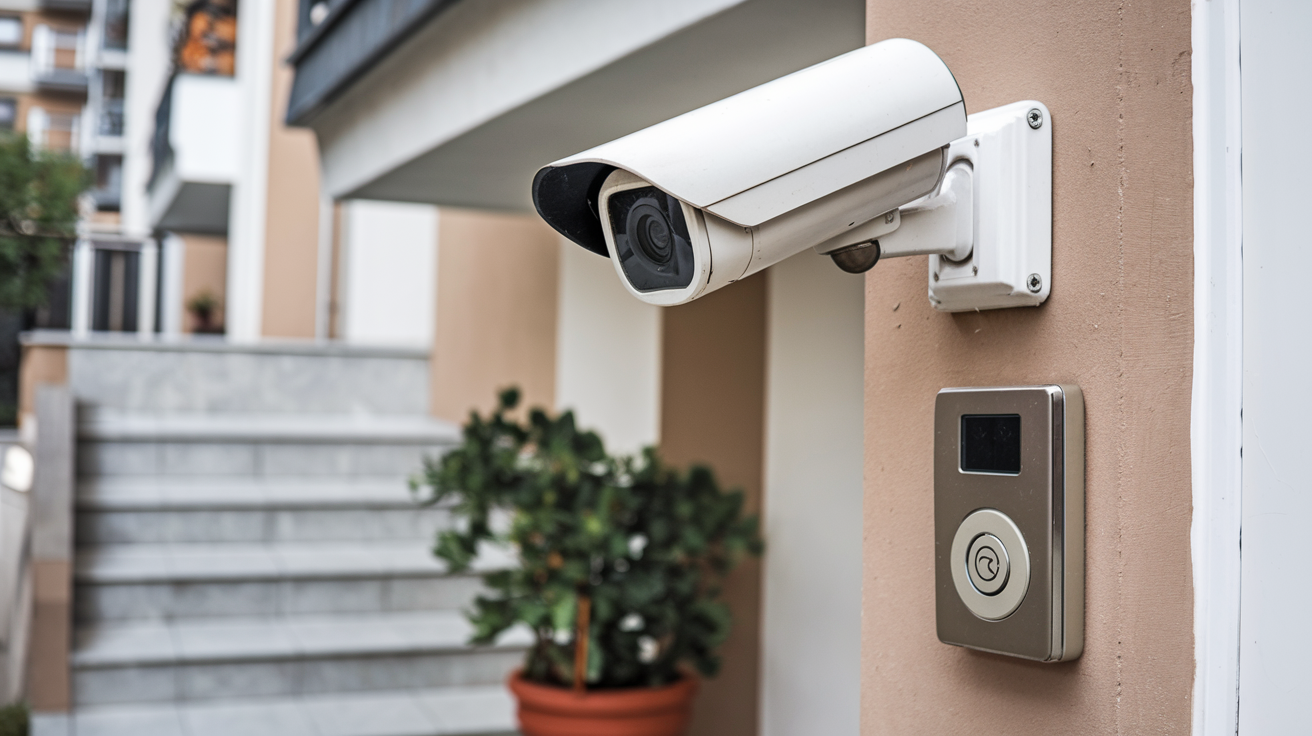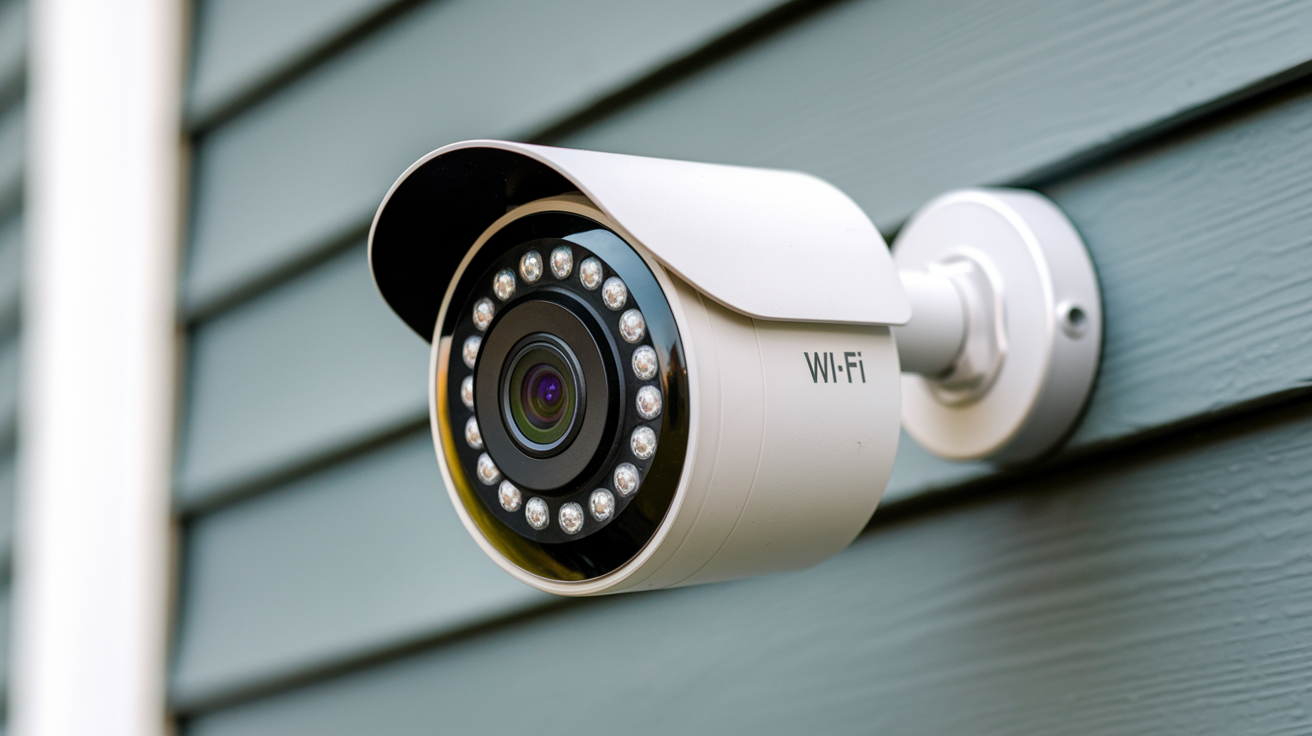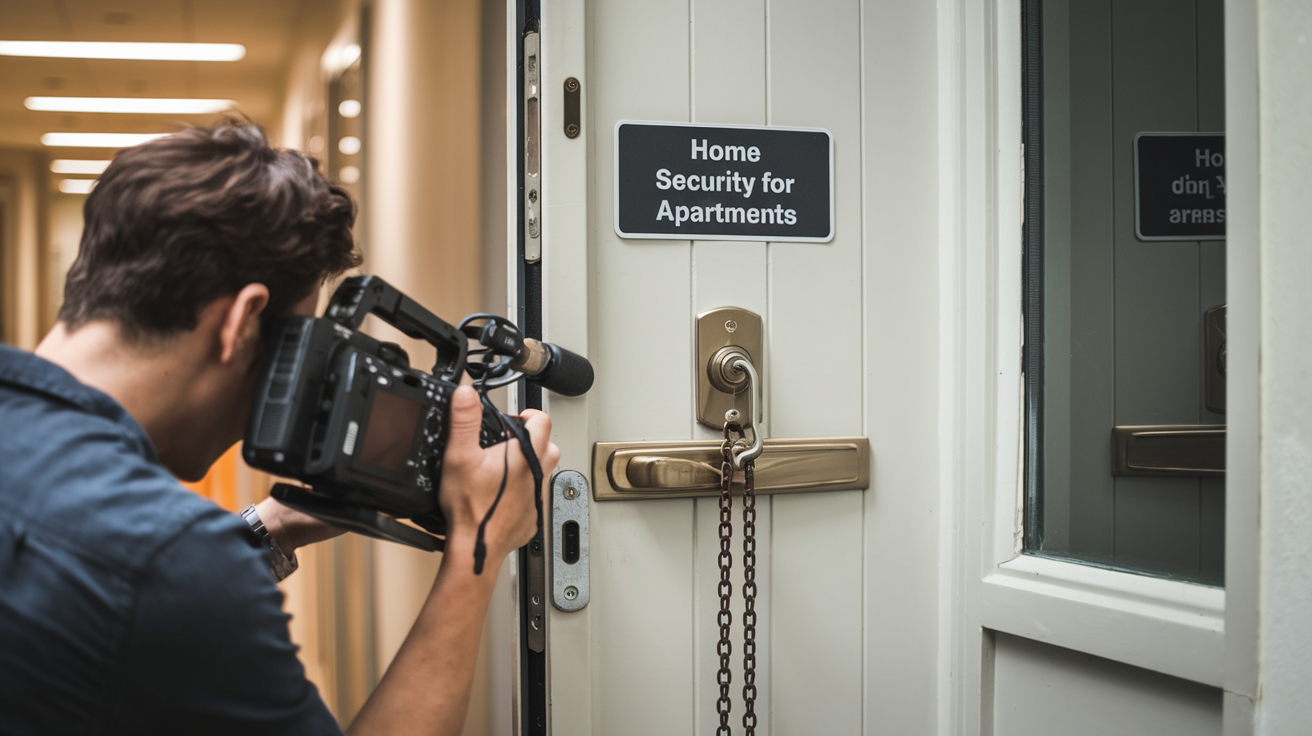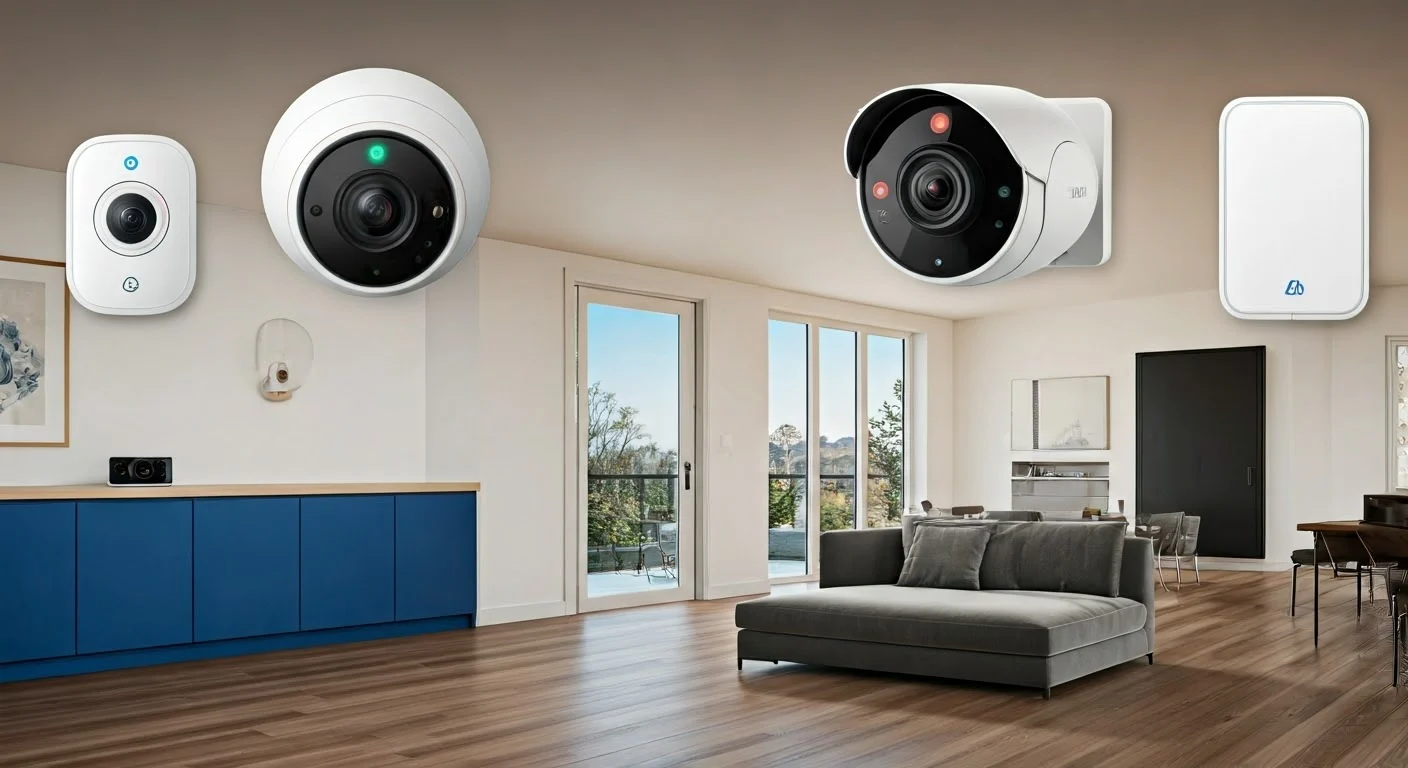Home Security Systems are more critical than ever, and the best way to ensure your residential home is safe is to install a security system. As crime rates have surged in many other cities, home break-ins are more frequent. That's why it's important to select the security system that best fits your home to protect your family and your valuables. We've put together an overview of what a top-notch residential security system should include.
Consider your needs
Think carefully about what you need and what is most important before you decide to install an electronic security system. Ask yourself the following questions:
What are my biggest security threats, burglary, fire, or other risks? Am I in a high-crime area? Do I have lots of valuables that I want to safeguard? What do I want a security system to do, like security cameras, smoke detectors, motion sensors, or other things? Do I want to be able to check in on my house remotely? Do I need a system that must be professionally installed or a DIY system? Your responses will help you get an idea of what a system should have.
Residential security systems by type
Self-monitored systems-
You will need to monitor these security systems yourself because they don't offer third-party monitoring. Because you'll be more hands-on, these systems come with a lot of smart home automation capabilities that you can tailor to automated control. It can also be installed by yourself if you have the right tools. The price of these systems is also low with other systems as they do not include any monthly monitoring charges. But you will have to be willing to learn how to drive the system.
Professionally monitored systems-
Continuously monitored, professionally installed systems offer the added advantage of 24/7 supervision by alarm company personnel. They make sure that any activated alarms are properly addressed, whether it be calling police for a burglary or fire department for smoke and fire alarms. But those systems also cost more initially, because they require an authorized installer to do the work. They also have a monthly monitoring fee for access to a control center.
Key features to consider
To choose the best system for your home, consider integrating the following key features in a security system:
Real-time mobile alerts and control system- This allows you to remotely monitor your home and receive alerts in real-time through a smartphone app. It even covers warnings for intrusions, fires, floods, and more. You can even lock/unlock doors or dim lights when you're not home with such systems.
CCTV Security Cameras- Doorbell cameras, and security cameras with motion detection and night vision are essential. You'll be able to see what's happening near your house and check recordings. So, ideally, you would want to hire cameras that can connect to your main system and app. Uninterruptible power supplies and tamper-resistant features also enhance such cameras.
Smoke and carbon monoxide alarms- These alarms will alert your family to fire and CO dangers. Get connect detectors to receive mobile alerts and have all alarms in your home sound at the same time when one is activated. Such detectors are essential safety items.
Emergency response capabilities- Search for emergency response capabilities such as panic buttons integrated into your system. If those buttons are pushed, the system automatically alerts local law enforcement to send emergency responders out as quickly as possible. This provides security in high-risk scenarios such as home break-ins or house fires.
Environmental sensors and controls system - Environmental automation lets you control and monitor conditions throughout your home. These are temperature sensors, water leak detectors, light controls, and more. With a compatible smart system, you can configure settings remotely to save energy and mitigate hazards before they cause serious damage.
Why professional installation is advised?
While DIY security systems are an option for residential homes, professional installation provides unique benefits like:
Customizability: Technicians size up your home's layout and create a system that is tailored to strengthen areas of potential vulnerability. You'll have sensors and other stuff installed right where potential intruders will be trying to kick in.
Compliance with all local regulations: Professional installers make sure the system meets all local building codes and electrical safety requirements. It covers wire safety and correct installation methods to prevent accidents.
Backup power additions: Virtually all security systems have a battery backup in the event of a power failure. But installation workers can also advise on adding generators or solar panels if you want the system to keep working during extended blackouts.
Training and orientation: An expert will show you how the system works after installation, rather than sending you home with a complicated build like a DIY kit.
Warranty and long-term maintenance support: You'll receive product warranties as well as ongoing maintenance when professionally installed.
Conclusion
When you're shopping for an electronic security system for your home, consider not only which features are most important, but also whether professional installation is worth the extra expense for you. Real-time alerts, video surveilllärn, environment, and emergency response systems are great examples of a professionally installed, personalized system that has advantages for ultimate home security. Take both into account to select the best system to ensure you have peace of mind knowing your home and loved ones remain as secure as possible.
Protect your home today with ADT’s top-rated security solutions!
Call now at +1 877-470-7879 to get a free consultation and find out how you can secure your home with the best in the business. Don’t wait—ensure your peace of mind with ADT!
